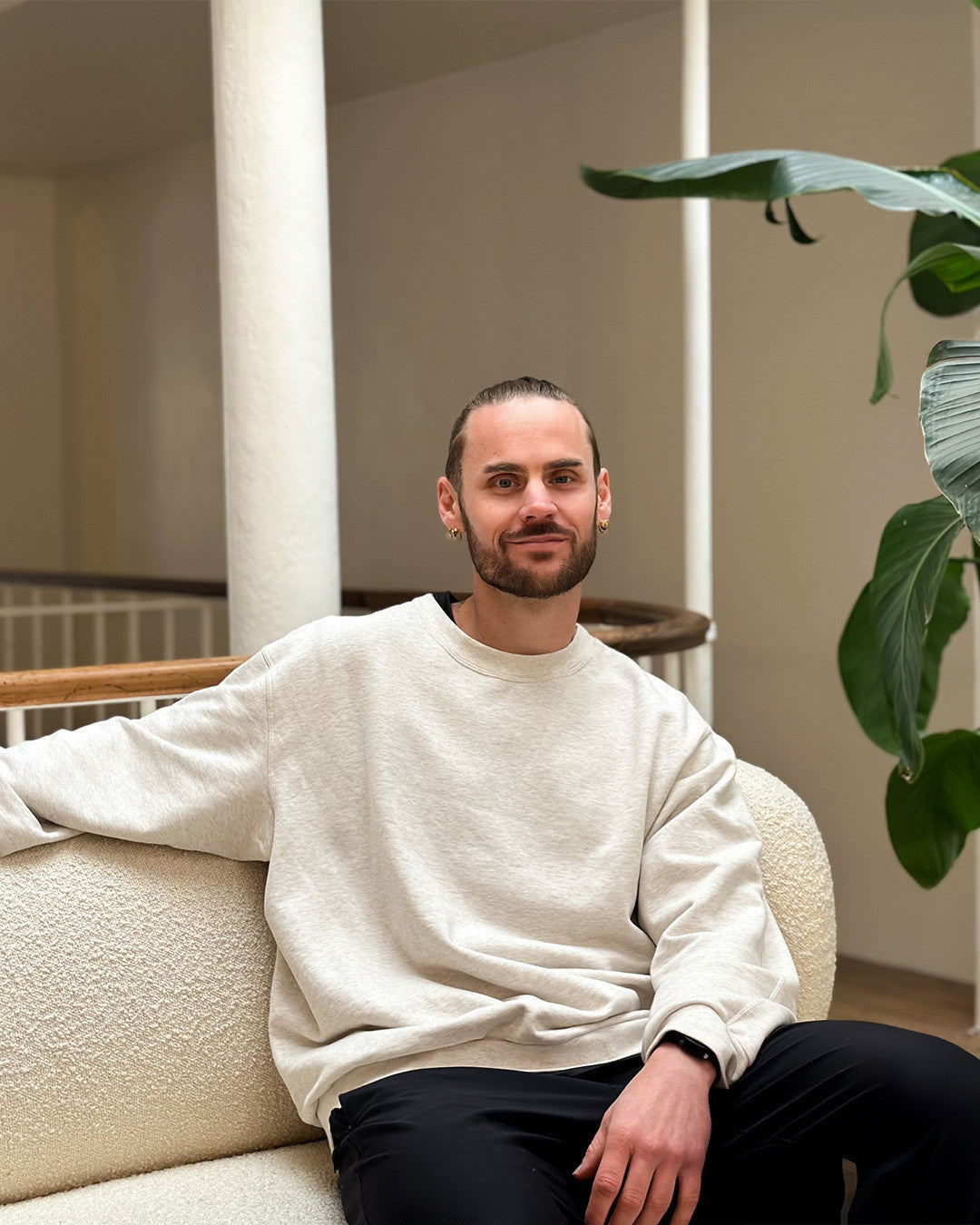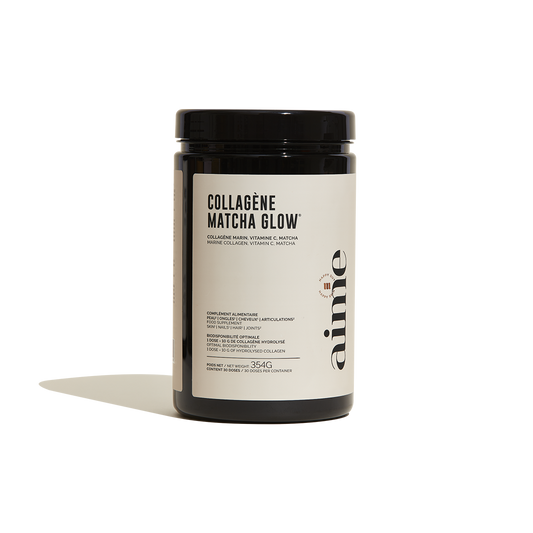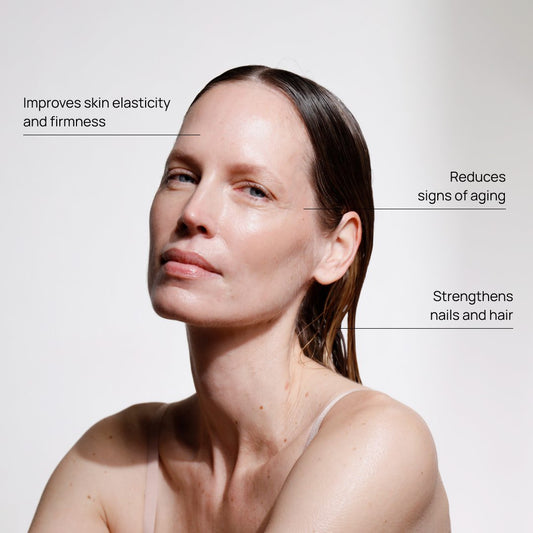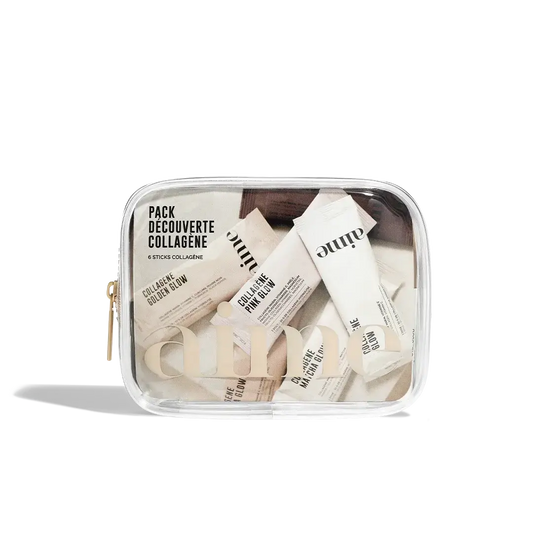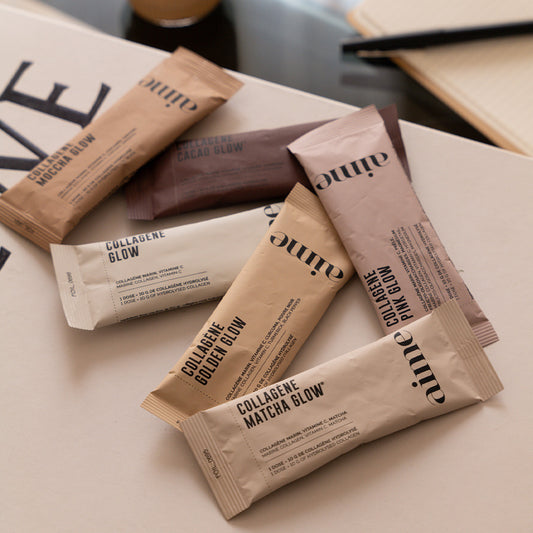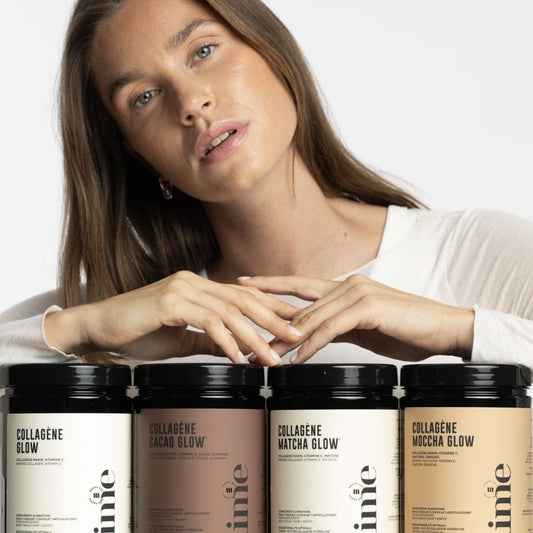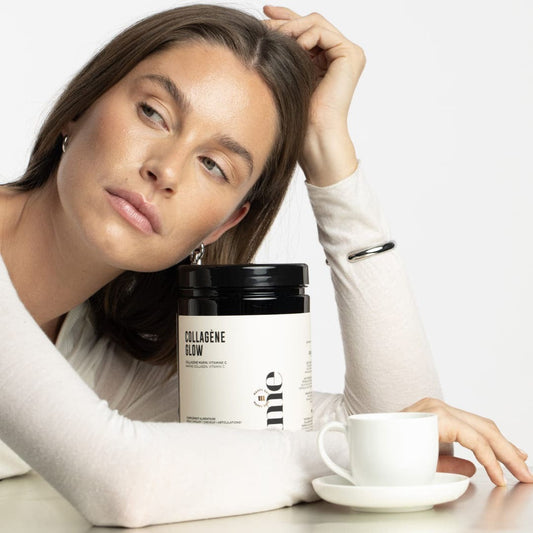Aime: Can you introduce yourself?
Maxime Krantz: I've been a personal trainer since 2012. I did a two-year degree in fitness in Toulouse and then went freelance. I alternate between group classes and private coaching. I'm also a Pilates and Yoga teacher, and I trained around the same time. I also published a book on Pilates in 2021, "1 month to get started with Pilates."
I have a diploma in nutrition adapted to sports practice, which I obtained in 2015 at the Pitié Salpêtrière Hospital in Paris. As a coach, I quickly became interested in nutrition and wanted to be able to advise the people I train.
I like being a hybrid, I have a bit of a jack-of-all-trades side, I played basketball at a high level before becoming a coach, now in my free time I do running, triathlon, a lot of crossfit and I do Hyrox (fitness) competitions. This is what allows me in teaching to also draw from all disciplines and create something different.
A: What advice would you give to someone who wants to start exercising or get back into it after a period of inactivity?
MK: One of my first pieces of advice is consistency! You really need to try to find a regular activity and increase it gradually. There's no point in starting too hard; you'll get fed up very quickly and you'll shock your body for nothing.
If you can, I recommend starting with a personal trainer to help you plan and find the ideal rhythm. Otherwise, try as many disciplines as possible to see what you enjoy. If you do something boring every week, you won't progress and you'll get bored. Go and discover lots of things and find the activity that suits you best so you don't go into it halfway!
A: Which sport should you choose depending on your goals?
MK: It's difficult to advise without doing it on a case-by-case basis, but for me, muscle strengthening is essential for everyone! Doing cardio classes is great for clearing your head, but if you're looking to tone up, you definitely need a muscle strengthening base; you need to have strong muscles every day.
It's good to have a cardio base to work your heart and burn calories, but the foundation is to have muscle strengthening to feel good and also have better posture. To get back into shape, the ideal is to alternate between muscle strengthening and cardio.
A: What would be your ideal sports routine?
MK: It depends on each person's lifestyle. If you move a lot in your job, you don't need to exercise every day; you can do 2 to 3 strength training sessions per week, that's great. If you're very sedentary, working from home or behind a desk all day, you can do it every day, even if it's just a 20-minute routine of mobility, walking, jogging... Human beings are made to move, it's natural!
A: Do you have any advice for sticking to a workout routine?
MK: Having to be accountable to someone is what works best! Playing sports with a friend, having a coach. For example, I have a coach to prepare for my running race. I could do it alone, I know how to do it, but it forces me not to procrastinate. From the moment you commit to someone, it's more motivating! It makes you want to push yourself; it's a date in your schedule.
I put all my workouts in my diary before starting each week. It helps me visualize my workouts and conditions me.
A: What type of diet would you recommend when practicing sports?
MK: Avoid processed foods as much as possible! Try to keep products as natural as possible, know what you're eating, and don't hesitate to look at labels. I always compose my plate with proteins, I add vegetables, and finally, carbohydrates. I always make sure I have a sufficient daily intake of protein. For muscle reconstruction, we need it, for training too; it's the basis of human nutrition.
A typical breakfast: A smoothie! I add plant-based protein, a banana, a source of fat to avoid a blood sugar spike, a teaspoon of peanut butter or coconut oil for example, with a little muesli if I'm really hungry. If I eat something savory, I eat eggs!
Protein powder and bars: who are they for and how should they be consumed?
MK: You need to calculate your daily intake (body weight x approximately 1.6 grams). Based on this calculation, if you see that you're lacking protein, that's when it's really useful to have protein bars or powder.
Starting the day with a protein smoothie provides the body with what it needs for good muscle maintenance. Protein bars, on the other hand, are ideal at the end of a meal as a dessert to supplement the protein intake of a meal or after a workout, for example. And since they're portable, it's easier to grab one in the middle of the day or when eating out!
A: How important is hydration when exercising?
MK: You especially have to be careful of dehydration! When you do endurance sports or long-distance exercise, you have to be careful to drink regularly. Every 10-15 minutes you have to take a sip of water to bring some oil back into the engine. When you sweat, you also lose a lot of minerals. During exercise or when it's hot, water is not enough to completely rehydrate the cells. Adding minerals with sticks electrolytes , this is what allows the body to maintain proper functioning.
